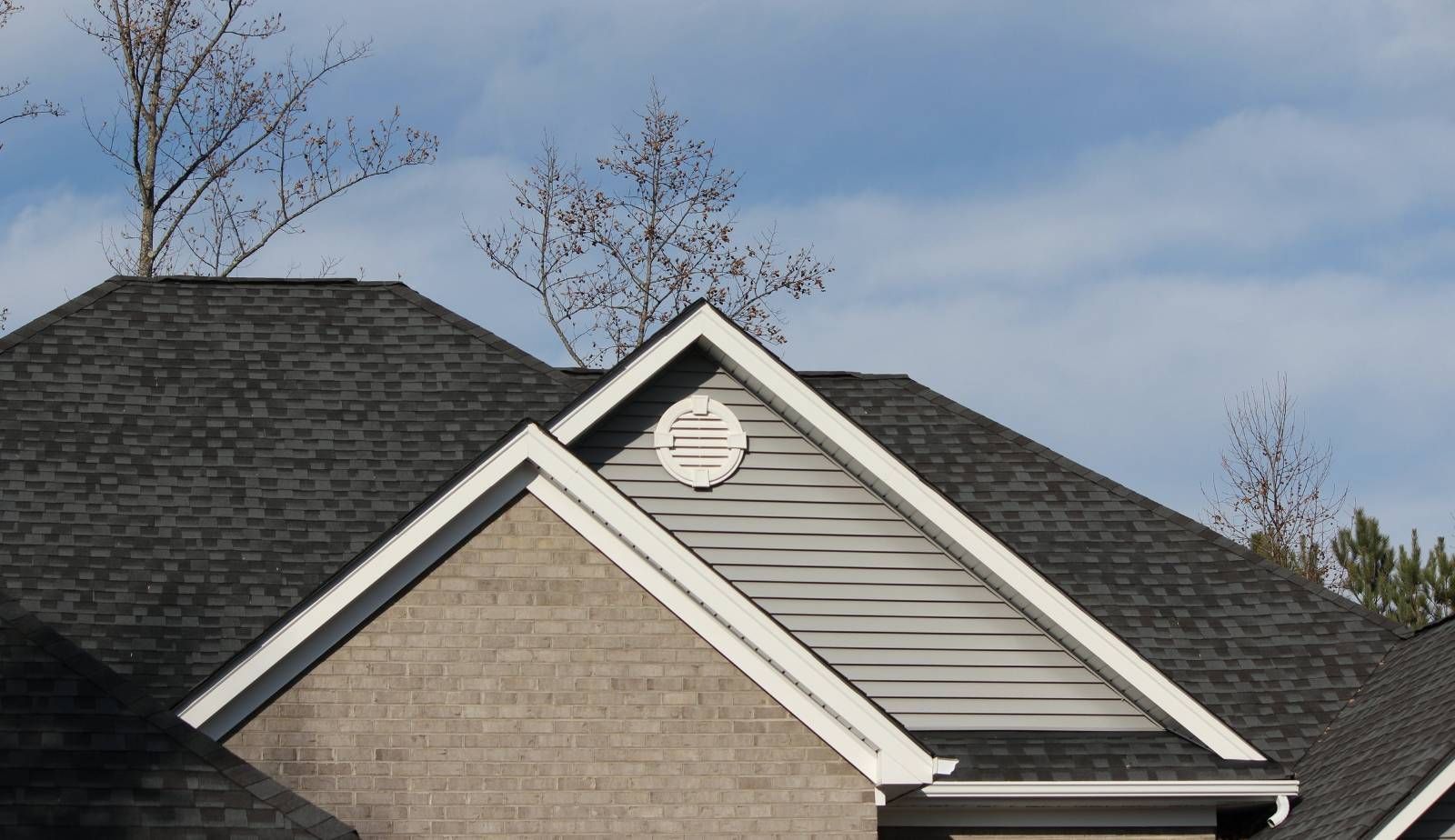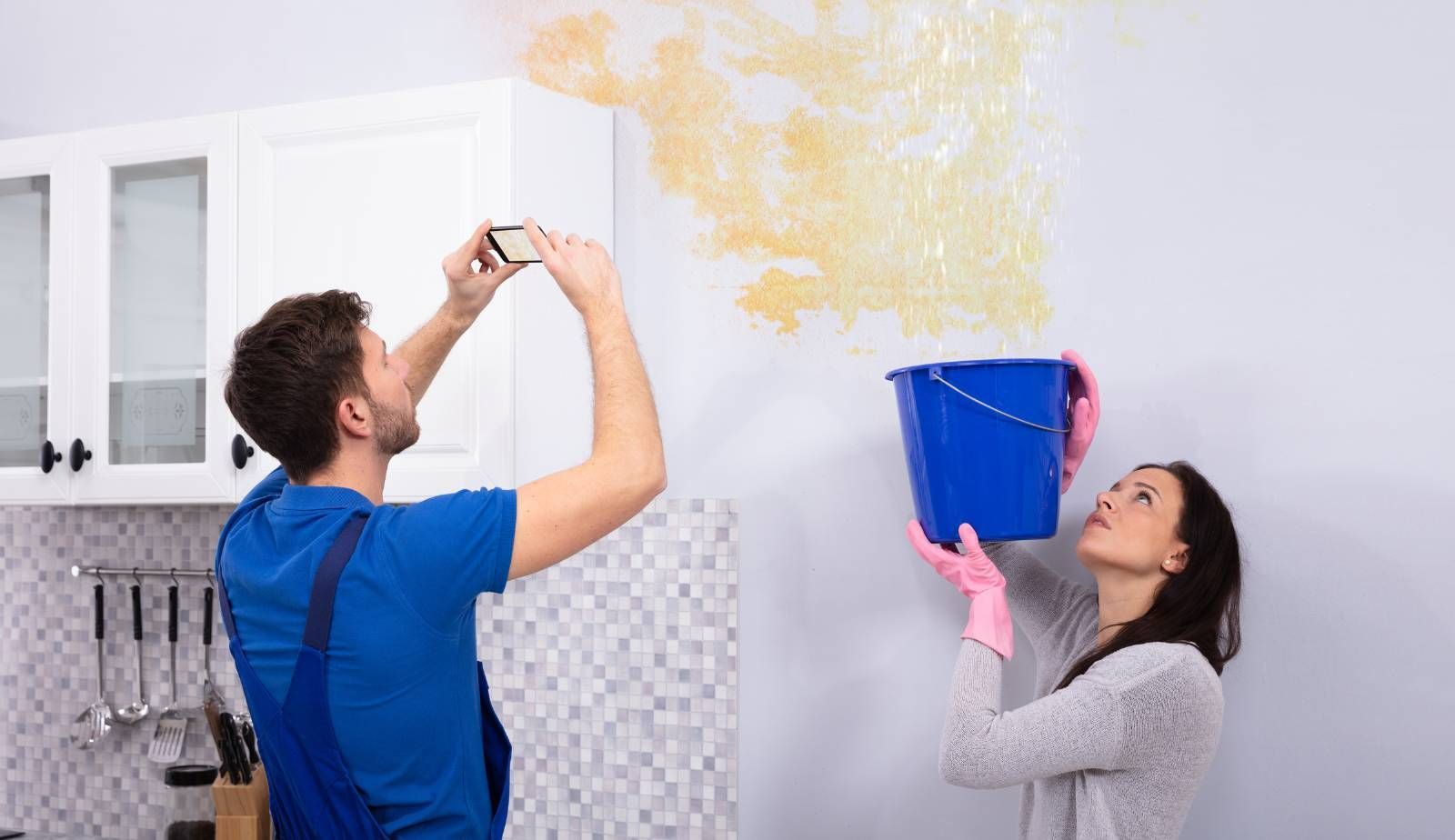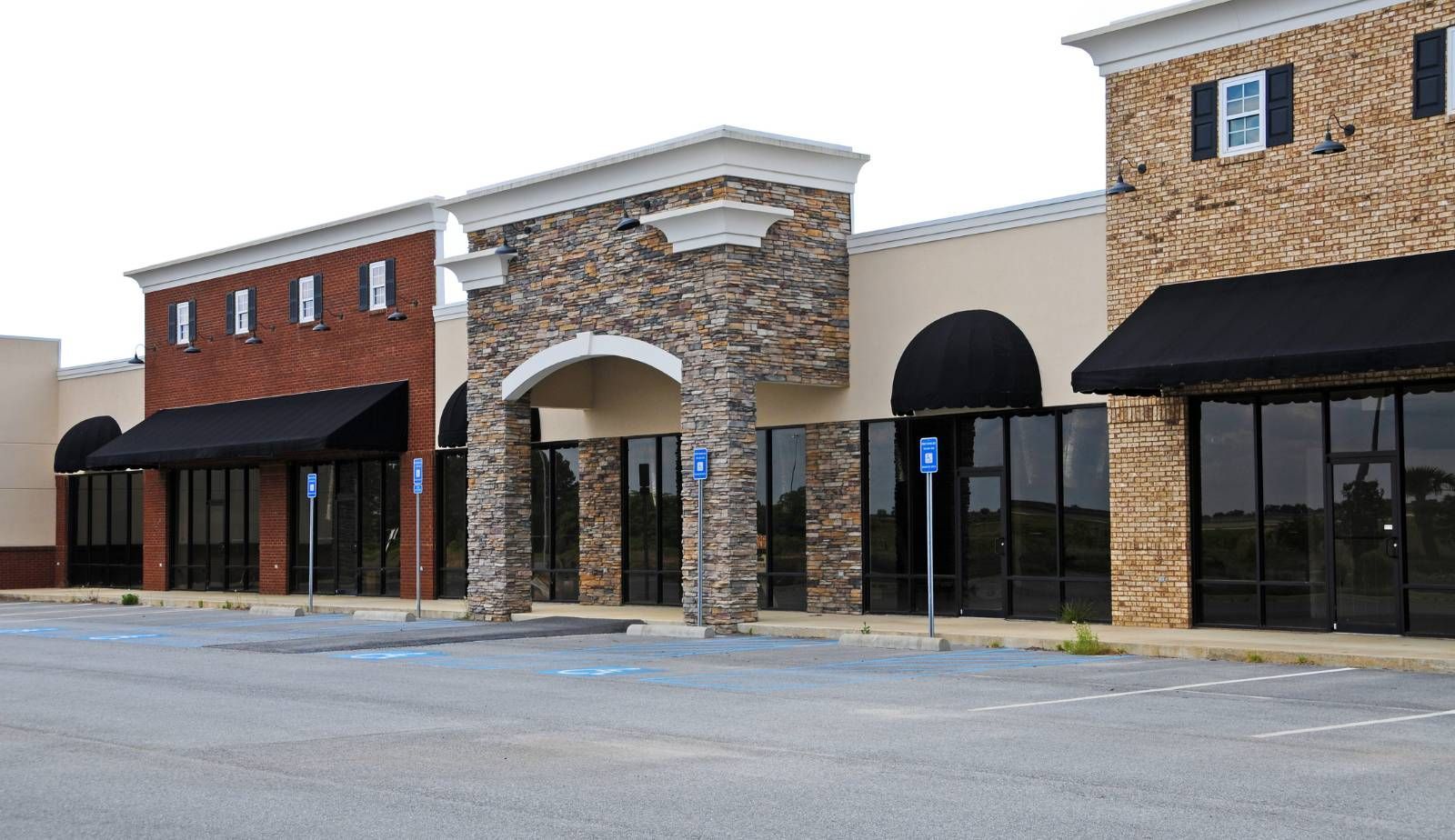Essential Steps for Homeowners Dealing with Hurricane Francine Damage in Louisiana
Homeowners in Louisiana are facing the aftermath of Hurricane Francine, a storm that has left considerable damage in its wake.
Taking immediate, informed steps is crucial for effective recovery and minimizing further loss. From assessing property damage to understanding insurance coverage, knowing what actions to take can significantly impact the rebuilding process.
In the days following the hurricane, prioritizing safety is essential. Homeowners should enter their properties with caution, inspecting for structural damage and gas leaks. They must document all damages thoroughly, as this will aid in insurance claims. Many are unaware that hurricane deductibles can vary, often ranging from 1% to 5% of a home’s insured value, which can come as a surprise when filing for repairs.
Engaging with local resources, such as the Louisiana Department of Insurance, can provide valuable guidance during this challenging time. As communities come together to recover, sharing information and support can make the rebuilding journey more manageable for everyone affected by the storm.
Understanding Your Insurance Coverage
In the aftermath of Hurricane Francine, homeowners in Louisiana need to navigate their insurance coverage to address hurricane damage effectively. Understanding the specifics of homeowners and flood insurance is crucial to maximizing claims and ensuring adequate repairs.
Homeowners Insurance and Hurricane Coverage
Most standard homeowners insurance policies provide some coverage for hurricane-related damage. This typically includes losses from wind damage, making homeowners eligible for claims if their roofs or exterior walls face destruction.
Policyholders should verify the definitions in their insurance policy. Some policies may have specific exclusions for hurricanes or may require extra windstorm insurance. It’s equally important to identify if a hurricane deductible applies, which is often a percentage of the home’s insured value. This means that a homeowner may need to pay a substantial amount before coverage begins, differing from traditional deductibles.
Insurance will not cover storm surge or flooding under typical homeowners policies, and understanding these distinctions is essential for filing a complete claim.
Flood Insurance and the National Flood Insurance Program
Flood insurance is essential for homeowners in hurricane-prone areas, as it complements homeowners coverage. The National Flood Insurance Program (NFIP) provides flood insurance to property owners, renters, and businesses in participating communities.
Homeowners are encouraged to obtain a separate flood policy, especially if their property is in a designated flood zone. Policies under the NFIP cover damage from rising water but have their own deductibles and claim limits.
Filing a claim under a flood policy requires detailed documentation of the damage, and it’s crucial to act promptly. Homeowners typically have a limited timeframe to file claims post-disaster, so understanding policy details and deadlines is vital for recovery.
Policy Details: Deductibles, Clauses, and Limits
Understanding the specifics of deductibles, clauses, and coverage limits in an insurance policy helps homeowners prepare financially. Policies often include hurricane deductibles, which can be higher than standard deductibles.
Most homeowners will need clarity on the terms of "replacement cost" versus "actual cash value" as these affect their claims. Replacement cost pays for a new equivalent item, while actual cash value factors in depreciation.
Additionally, homeowners should be aware of any exclusions and limits specified in their policy. Familiarity with these terms can save policyholders from surprises when claims are filed, ensuring they receive the necessary support in their recovery process.
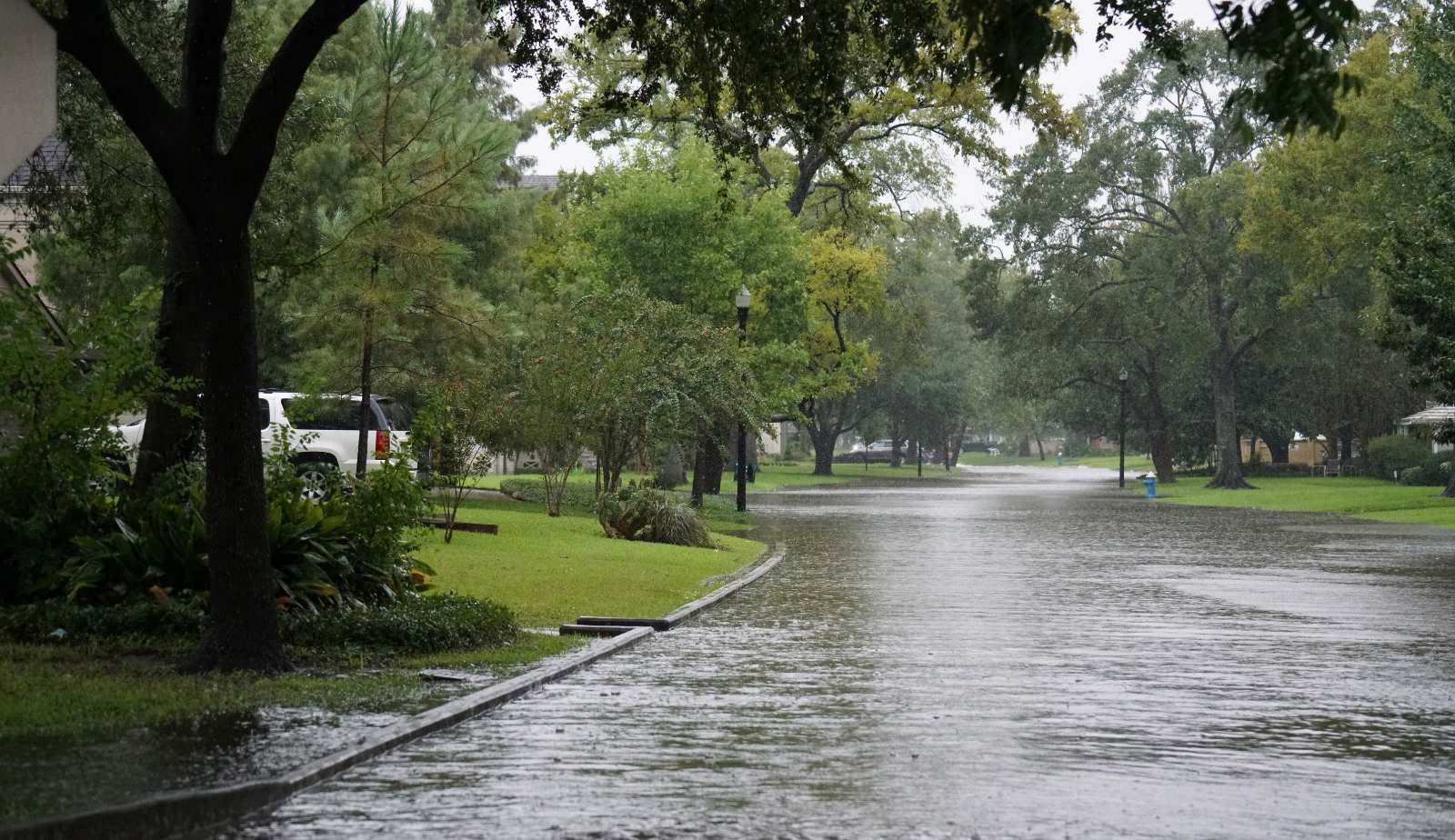
Initial Steps After the Hurricane
Taking prompt action after hurricane damage is crucial for homeowners. Assessing the situation and making immediate repairs can help minimize further loss and facilitate the insurance claims process.
Assessing and Documenting Property Damage
Homeowners should begin by carefully assessing their property to determine the extent of the damage. This includes checking both the exterior and interior of the home.
Key steps include:
- Inspecting the roof, windows, and doors for leaks or breaches.
- Checking for structural damage to walls and foundations.
- Documenting all damage with detailed photographs and notes.
It is important to keep records for insurance claims, as most homeowners policies require documentation of the damage. Homeowners should also list any damaged personal belongings to provide a comprehensive overview for repair estimates.
Preventing Further Damage and Making Emergency Repairs
Once damage is assessed, homeowners should take immediate action to prevent further issues. This could involve:
- Placing tarps over holes in the roof to prevent water intrusion.
- Boarding up broken windows to deter looters and keep weather out.
- Shutting off utilities if there are safety concerns regarding flooding or electrical hazards.
Making temporary repairs can help mitigate damage while waiting for professional assessments and repairs. Homeowners should keep receipts for any materials purchased, as these may be reimbursable under their homeowners policy. Reading up on what specific policies cover regarding emergency repairs can also provide clarity as they navigate the recovery process.
The Claims Process
Navigating the claims process after hurricane damage can be daunting. Homeowners in Louisiana must understand how to file a claim, collaborate with insurance adjusters, and interpret repair estimates to ensure adequate coverage for damages.
How to File a Claim
The first step is to contact the insurance company immediately to initiate the claims process. Homeowners should have their policy number and details of the damage readily available. They can file a claim through their insurance company’s website or by calling a designated claims line. It is crucial to document all damages with photos and descriptions, as this evidence will support the claim. Depending on the policy, homeowners may need to file multiple claims for different types of damage, such as homeowners and flood insurance. Keeping a detailed inventory of damaged items, along with receipts, can streamline the process.
Working with Insurance Adjusters
After filing, an insurance adjuster will be assigned to assess the damages. It is essential for homeowners to be available for this inspection, as it can significantly impact the claim outcome. The adjuster will evaluate the property, taking notes and photographs to prepare a report for the insurance company. Homeowners should accompany the adjuster and provide any relevant documentation, including their inventory of losses. Maintaining open communication with the adjuster allows for clarification of the process and any questions regarding coverage. Timely follow-ups with the insurance company regarding the adjuster’s report can help in expediting the claims process.
Understanding Repair Estimates and Payments
Once the claim is processed, homeowners will receive a repair estimate outlining the costs covered by the insurance company. It is important to thoroughly review this estimate to ensure that all damages are accounted for. Homeowners should consult with contractors to obtain their own estimates, which can serve as a comparison. If there are discrepancies, they should be brought to the attention of the insurance company for reevaluation. Payments from the insurance may be issued in stages, especially for extensive repairs. Homeowners should understand how payment schedules work to manage their finances during the repair process effectively.

Managing Living Expenses and Displacement
In the aftermath of Hurricane Francine, homeowners face the challenge of managing unexpected living expenses while navigating displacement. Understanding their options is essential for sustaining daily life during repairs or recovery efforts.
Additional Living Expenses Coverage
Homeowners may have additional living expenses (ALE) coverage included in their home insurance policy. This coverage is designed to reimburse costs incurred while living elsewhere due to hurricane damage.
Typically, ALE covers hotel bills, transportation costs, and meals beyond normal living expenses. For example, if a home is insured for $250,000, the standard ALE limit could be around $50,000, equating to 20% of the dwelling coverage.
Homeowners should keep detailed records of all expenses and retain receipts. Insurers often require documentation to process claims, ensuring that all eligible costs are covered efficiently. It's important to verify one’s policy limits and coverage details with their home insurance provider.
Seeking Temporary Housing and Assistance
If a home is uninhabitable, seeking temporary housing is a priority. Residents can consider options like hotels, short-term rentals, or staying with friends and family.
FEMA also provides assistance for eligible households affected by disasters. Homeowners can apply for grants that may cover temporary housing costs. The application process typically requires proof of hurricane damage and displacement.
In Louisiana, local agencies may offer emergency housing assistance. Homeowners should contact local organizations for available resources, including food and financial support. By exploring these avenues, individuals can better manage the disruption and sustain normalcy during recovery.
Repair and Reconstruction Considerations
Homeowners facing hurricane damage must navigate complex decisions regarding repairs and reconstruction. Choosing the right contractors and understanding claims processes are crucial for effective recovery.
Selecting Contractors and Securing Estimates
Choosing qualified contractors is vital for effective repairs after hurricane damage. Homeowners should seek recommendations from insurance adjusters and neighbors to find reliable professionals.
When selecting a contractor, it is essential to request multiple repair estimates. A transparent comparison aids in understanding the scope of necessary repairs and associated costs. Homeowners should ensure the contractors are licensed, insured, and experienced with hurricane-related damage.
Estimates should include detailed breakdowns of labor and material costs. This clarity helps in assessing the validity of claims under dwelling coverage. It is advisable to verify the contractor’s past work and check reviews for dependable service.
Handling Discrepancies and Supplemental Claims
In cases where estimates vary significantly, homeowners need to address discrepancies directly with contractors. A detailed comparison of the estimates can reveal essential differences in necessary repairs and costs.
If the repair costs exceed initial estimates, homeowners may file a supplemental claim with their insurance provider. This claim can cover additional costs for repairs uncovered during the initial assessment. Homeowners should document all damage thoroughly and maintain records of communications with the insurance company.
Understanding dwelling coverage helps homeowners navigate this process effectively. Knowing what is covered and the policy limits can facilitate smoother claims. They should communicate regularly with their insurer to ensure all necessary adjustments are captured.
Health and Safety Measures
In the aftermath of Hurricane Francine, homeowners need to focus on addressing immediate health and safety concerns. Prioritizing water and mold issues, as well as preparing for potential power outages, is essential for ensuring a safe living environment.
Addressing Water and Mold Concerns
Water damage can lead to significant health risks if not managed promptly. Homeowners should assess their property for any standing water and begin removal efforts immediately. Using pumps or buckets can help clear water from affected areas.
Humidity levels can contribute to mold growth. To mitigate this, open windows and use fans to promote airflow. It is crucial to dry out furniture, carpets, and any personal belongings. If mold is already present, use protective gear and a mixture of water and detergent to clean surfaces. If the mold is extensive, professional remediation may be necessary.
Preparing for Power Outages and Resource Shortages
Power outages are common following hurricanes. Homeowners should have a plan in place for food and water resource management. Stocking nonperishable food items, such as canned goods and dried fruits, ensures sustenance during shortages. It is also important to have a supply of bottled water readily available—aim for at least one gallon per person per day.
In the event of a prolonged outage, homeowners should maintain a reliable light source, such as battery-operated lanterns, and consider a generator for essential appliances. Keeping mobile devices charged and having a backup battery can aid in communication and safety in uncertain situations.
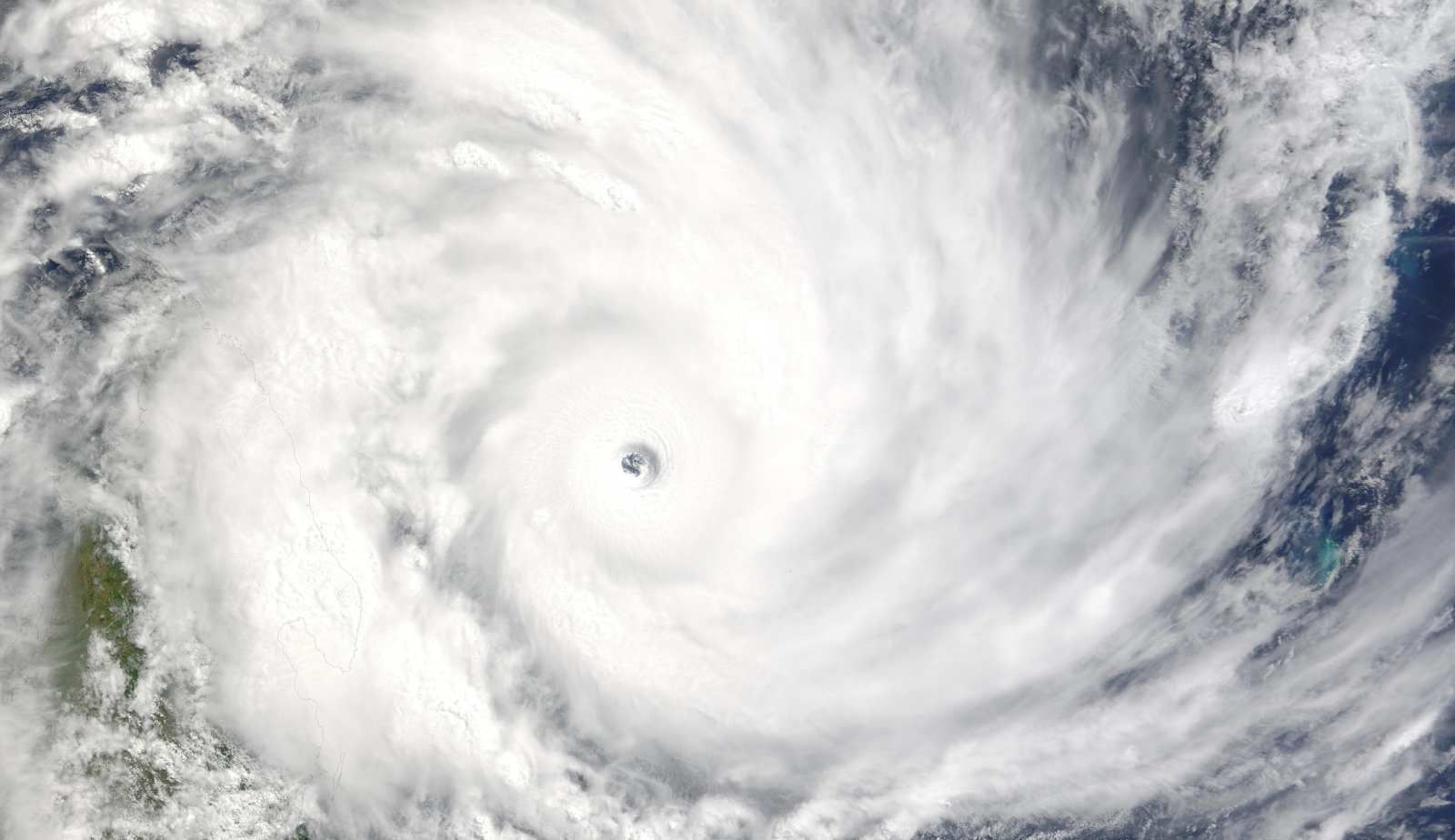
Legal and Financial Implications
Homeowners facing hurricane damage must navigate complex legal and financial matters. Understanding insurance disputes and seeking appropriate legal advice are crucial steps in ensuring proper recovery.
Navigating Insurance Disputes
Insurance claims can often lead to disputes. Homeowners should start by reviewing their insurance policies for coverage specifics related to hurricane damage.
Key Claim Tips:
- Document Everything: Meticulously document damages through photographs and detailed notes. This evidence will support your claims.
- Contact the Insurer Promptly: Notify the insurance company as soon as possible to start the claims process. Delaying this can affect timelines.
- Understand the Deductibles: Be aware that hurricane deductibles can range from 1% to 5% of the home’s insured value, significantly impacting out-of-pocket costs.
If disputes arise regarding claim denials or inadequate compensation, homeowners may consider filing an appeal or seeking mediation.
Understanding Legal Advice and Representation
Seeking legal advice can be crucial in navigating the complexities of insurance claims. An experienced attorney can help interpret policy language and advise on the best course of action.
When to Seek Legal Assistance:
- Claim Denials: If an insurance claim is denied, legal counsel may assist in challenging the decision.
- Complex Situations: If multiple claims are involved, such as those for flood and wind damage, legal advice can clarify the process.
- Potential Litigation: In cases where negotiations fail, an attorney can guide homeowners through litigation if necessary.
Legal representation can be particularly valuable in maximizing compensation and ensuring that all rights are protected throughout the recovery process.
Additional Considerations for Different Policyholders
Different types of homeowners insurance policies necessitate unique approaches following hurricane damage. Understanding how specific policies respond to such events can help policyholders navigate their options effectively.
Condo and Renters Insurance in the Aftermath
For those with condo insurance, the master policy often dictates coverage for shared areas and communal damage. Individual unit owners should review their policies to understand how their interior damage, such as from wind or water infiltration, is covered. Typically, personal property within the condo is protected against specific perils, including storm-related damage.
Renters insurance offers personal property protection as well. Tenants should file claims for damages to belongings caused by the hurricane. Important documents like photos and inventory lists can aid in the claims process. They should also check if they have coverage for additional living expenses, which can assist in housing costs if they need to find temporary accommodations.
Car Insurance and Storm-Related Vehicle Damage
When it comes to car insurance, those with comprehensive coverage may be eligible for claims resulting from hurricane impacts. This type of coverage protects against non-collision damage, including flooding or wind damage.
Policyholders should document storm-related vehicle damage with photos and gather repair estimates. They must contact their insurance provider promptly to begin the claims process. It is also crucial to assess if their policy covers any other issues, such as storm surge damage or debris removal. Understanding specific terms in their policy will help them maximize their claims efficiently.
Preparedness for Future Hurricanes
Taking proactive steps can significantly mitigate the impact of future hurricanes. Homeowners should focus on enhancing their home infrastructure and maintaining an accurate inventory of their possessions.
Improving Home Infrastructure and Inventory Documentation
To withstand hurricane damage, homeowners must reinforce their properties. This includes installing impact-resistant windows and doors, which can prevent wind and debris from entering the home. Securing the roof with straps or anchors can also reduce the risk of roof damage during severe storms.
Creating and maintaining a home inventory is equally crucial. Homeowners should document valuable items with photos and receipts. Keeping this information in a cloud storage service ensures access even if the home is damaged. This inventory will assist in filing insurance claims efficiently.
Finally, regular maintenance checks on the home’s drainage systems and gutters can prevent flooding. Adopting these strategies will prepare homeowners for potential impacts from future hurricanes.
Frequently Asked Questions
After experiencing damage from Hurricane Francine, homeowners need clear guidance on immediate actions, documentation for insurance claims, and safety precautions. Addressing these concerns promptly can aid in minimizing further damage and streamline the recovery process.
What are the initial steps homeowners should take immediately following hurricane damage?
Homeowners should first ensure their own safety and that of others before entering damaged areas. They should take photographs of any visible damage for documentation. Securing the property from further damage, such as covering broken windows or damaged roofs, is also crucial.
How do homeowners document hurricane damage for insurance claims?
It is important to take comprehensive photographs of all affected areas and items. Homeowners should create a detailed listing of damaged possessions, including their approximate value and cost of replacement. This documentation will assist in providing clear evidence to the insurance company.
What is the process for contacting your insurance company after hurricane damage?
Homeowners should reach out to their insurance provider as soon as possible. They need to have their policy number available and be prepared to explain the extent of the damage. Following the initial call, they may need to complete claim forms or provide additional documentation.
Which safety precautions should homeowners observe when inspecting hurricane damage?
Before inspecting, homeowners should check for gas leaks and downed power lines. Using appropriate personal protective equipment, such as gloves and sturdy footwear, is essential. They should avoid entering areas with severe structural damage or standing water.
What are the key priorities for cleanup and repairs after a hurricane?
Removing debris and water should be a priority to prevent mold growth and further damage. Homeowners should also focus on salvaging belongings that can be repaired. It's important to document any cleanup efforts for insurance purposes.
How can homeowners find reputable contractors for hurricane damage repairs?
Homeowners should seek referrals from friends, family, or neighbors who have had similar repairs done. They can also consult local trade associations or online reviews. It's advisable to get multiple quotes and verify that contractors have proper licenses and insurance.
You might also like
DryMax Restoration Blogs
